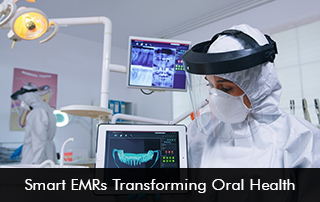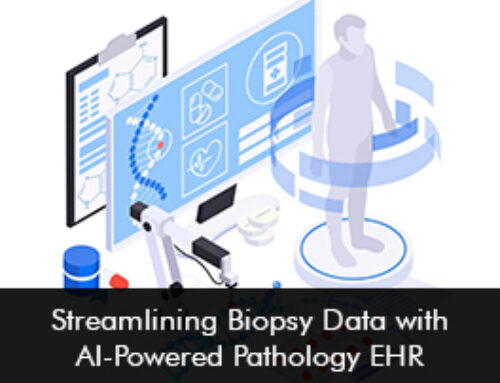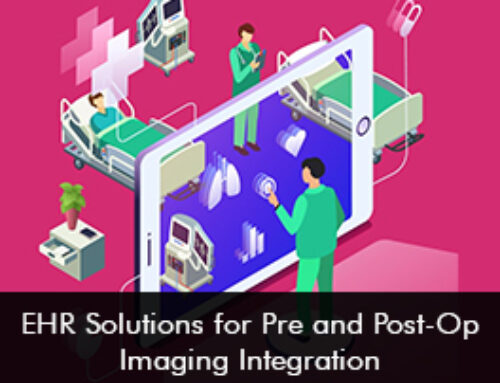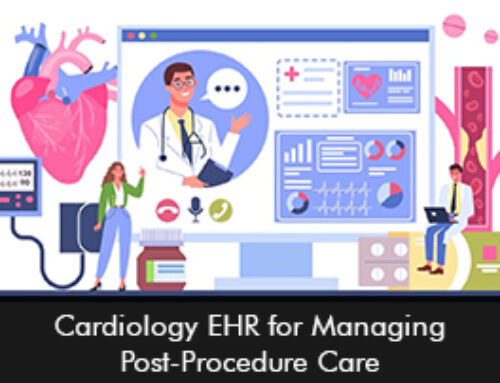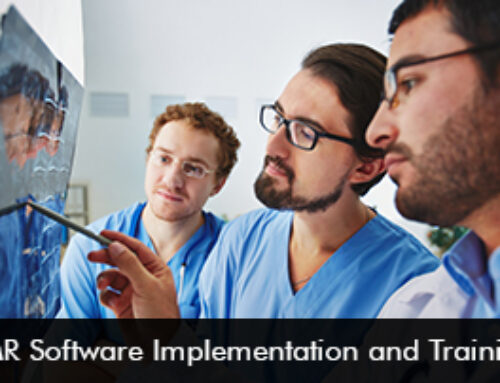Electronic Medical Record (EMR) and Electronic Health Record (EHR) software have become indispensable tools across various medical specialties, including dentistry. These digital solutions streamline patient care, enhance clinical workflows, and improve overall practice efficiency. In the realm of oral health, the integration of specialized EMR software is revolutionizing how dental professionals manage patient information, treatment planning, and practice operations.
The Importance of EMR Software in Dentistry
Dentistry has always required meticulous record-keeping due to the complexity of patient histories, diagnostic imaging, and treatment plans. Traditional paper-based systems are not only time-consuming but also prone to errors, misplacement, and inefficiencies. EMR and EHR software eliminate these challenges by offering a centralized, digital solution that enhances accuracy, accessibility, and security. From small private clinics to large dental hospitals, these systems have become a cornerstone of modern dental practice management.
-
Enhanced Patient Care:
EMR software provides dental practitioners with immediate access to comprehensive patient histories, including previous treatments, allergies, and medications. This accessibility ensures informed decision-making and personalized care plans.
-
Improved Efficiency:
Automating administrative tasks such as scheduling, billing, and record-keeping reduces manual errors and frees up time for dental professionals to focus more on patient care.
-
Seamless Data Integration:
Modern EHR systems integrate seamlessly with diagnostic tools and imaging equipment, allowing for real-time updates and cohesive patient records.
-
Regulatory Compliance:
Utilizing certified EMR software ensures adherence to industry standards and regulations, safeguarding patient data and maintaining practice credibility.
Key Features of Advanced Dental EMR Software
-
Customizable Templates:
Tailored templates for various dental procedures enable quick and accurate documentation, enhancing workflow efficiency.
-
Imaging Integration:
Direct integration with radiographic and intraoral imaging devices allows for immediate access to visual data within patient records.
-
Periodontal Charting:
Specialized tools for recording and tracking periodontal health assist in monitoring disease progression and treatment outcomes.
-
Treatment Planning:
Comprehensive modules facilitate the creation of detailed treatment plans, including cost estimates and scheduling, improving patient communication and satisfaction.
-
ePrescribing:
Electronic prescription capabilities streamline medication management and reduce errors associated with handwritten prescriptions.
Latest Highlights in Dental EMR Software
-
Cloud-Based Solutions:
The shift towards cloud-based EHR systems offers enhanced data security, remote access, and scalability for growing practices.
-
Telehealth Integration:
In response to the increasing demand for remote consultations, modern EMR software now includes telehealth functionalities, enabling virtual patient interactions.
-
Artificial Intelligence (AI) Integration:
AI-driven features assist in predictive analytics, patient risk assessments, and automated scheduling, optimizing practice management.
-
Interoperability Enhancements:
Improved interoperability allows for seamless data exchange between different healthcare systems, fostering collaborative care and comprehensive patient records.
Top EMR Software for Dental Practices
1. Dentrix
Dentrix, developed by Henry Schein, is a leading dental practice management software that integrates seamlessly with various imaging equipment. It offers customizable dental templates, intuitive charting tools, and a dedicated periodontal charting screen. The software also includes built-in communication tools to enhance coordination among dental care teams.
2. OpenEMR
OpenEMR is a free, open-source medical practice management software that supports electronic medical records. It features integrated practice management, scheduling, and electronic billing. OpenEMR is ONC Complete Ambulatory EHR certified and offers customizable templates suitable for dental practices. Its active international community ensures continuous updates and support.
3. Epic Systems
Epic Systems offers a comprehensive electronic medical record software application known for its robust features and widespread adoption. While primarily used in large healthcare systems, Epic provides modules that can be tailored for dental practices, including patient scheduling, billing systems, and clinical systems for care providers. Its interoperability and data exchange capabilities are among the best in the industry.
4. NextGen Healthcare
NextGen Healthcare develops and sells electronic health record software and practice management systems tailored for various specialties, including dentistry. Their solutions offer customizable templates, integrated practice management, and revenue cycle management tools. NextGen’s cloud-based deployment ensures accessibility and scalability for dental practices of all sizes.
5. Meditab’s Intelligent Dental Software (IDS)
Meditab offers IDS, a dental EHR system suitable for all fields of dentistry. It provides seamless device integration, customizable dental templates, intuitive charting tools, and built-in communication features. IDS aims to streamline practice workflows and enhance patient retention, making it a comprehensive solution for modern dental practices.
With the growing emphasis on patient-centered care and value-based healthcare models, the role of EMR software has become even more critical. Advanced solutions now incorporate artificial intelligence (AI), cloud-based storage, telehealth capabilities, and interoperability with other healthcare providers, ensuring a seamless and comprehensive approach to patient care. As regulatory compliance standards such as HIPAA (Health Insurance Portability and Accountability Act) and MACRA (Medicare Access and CHIP Reauthorization Act) become more stringent, adopting a robust EHR system is no longer optional but a necessity for dental practices aiming to stay ahead in an increasingly digitalized world.
Incorporating advanced EMR software into dental practices not only enhances operational efficiency but also elevates the standard of patient care. By staying abreast of the latest technological advancements and selecting the right software solutions, dental professionals can ensure their practices remain competitive and responsive to the evolving needs of oral healthcare.


